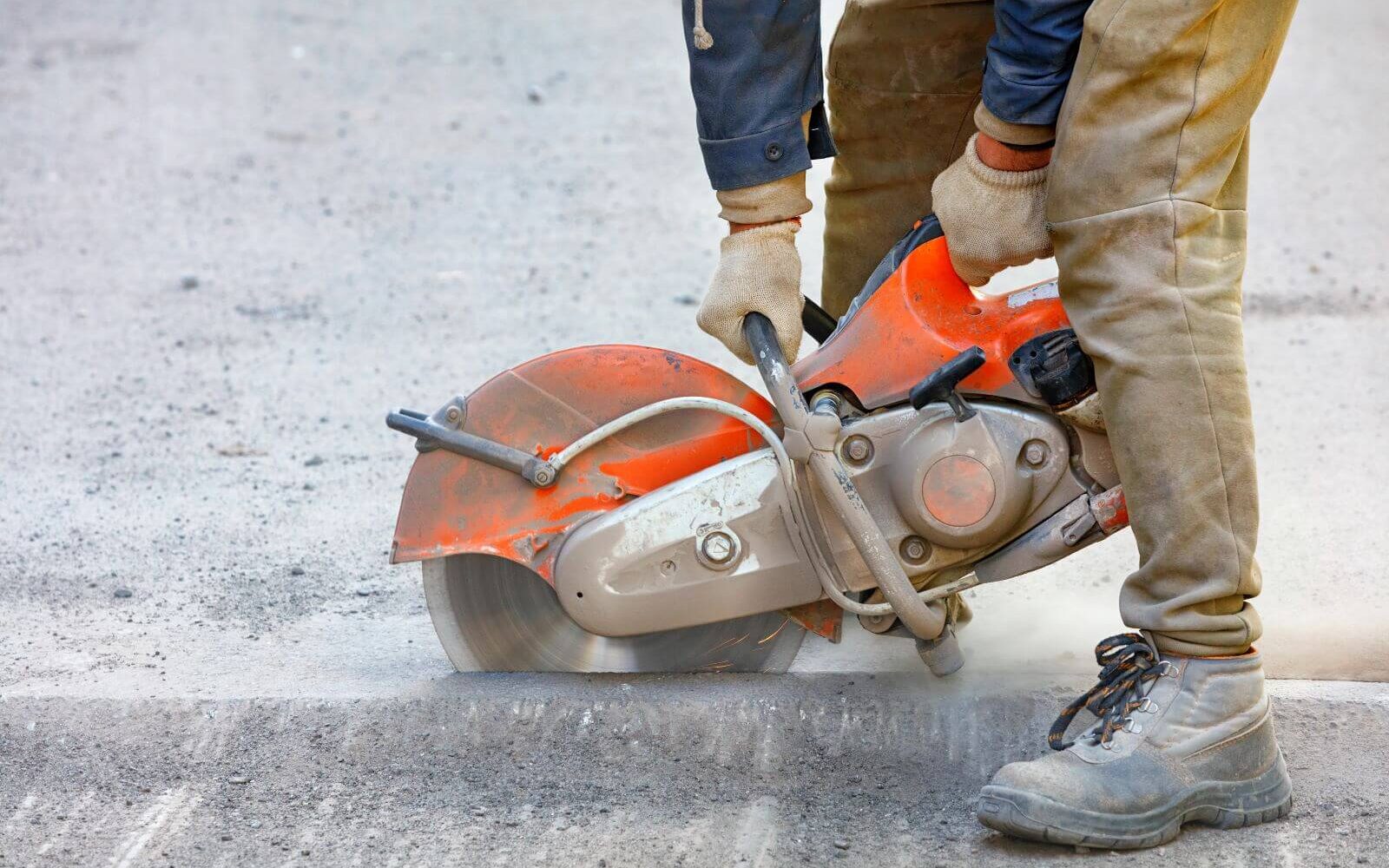All About Bluetooth Hearing Aids
Do you remember the hearing aids your parents or grandparents used to

By: nick | March 20, 2023
Hearing is one of the essential senses that we rely on to connect with the world around us. Unfortunately, it is often taken for granted and not given the attention it deserves. In particular, occupational hearing hazards are a significant risk to workers in various industries. Understanding these hazards, their causes, and how to prevent them is essential in protecting your hearing. In this blog post, we will explore the various types of occupational hearing hazards, industries with a high risk of hearing loss, the importance of hearing protection, and the signs and symptoms of hearing loss.
There are two primary types of occupational hearing hazards, noise-induced hearing loss, and chemical-induced hearing loss.
Noise-Induced Hearing Loss: This is the most common type of occupational hearing hazard. It is caused by prolonged exposure to loud noise levels that damage the hair cells in the inner ear. These hair cells are responsible for transmitting sound signals to the brain. When they are damaged, hearing loss occurs.
Chemical-Induced Hearing Loss: This type of hearing loss is caused by exposure to toxic chemicals that damage the inner ear. Exposure to chemicals such as lead, mercury, and carbon monoxide can cause irreversible hearing loss.
Several industries have a high risk of occupational hearing hazards. These include manufacturing, construction, agriculture, and transportation. In these industries, workers are often exposed to loud noises from heavy machinery, power tools, and equipment. It is essential to take measures to protect your hearing in these industries.
Hearing protection is the most effective way to prevent occupational hearing hazards. There are various types of hearing protection available, including earplugs, earmuffs, and custom earplugs. It is essential to choose the right type of hearing protection that suits your needs and provides the best protection.
Proper use of hearing protection is also essential. Earmuffs, for example, should be worn over the ears and fit snugly to provide adequate protection. Earplugs should be inserted correctly and sealed in the ear canal. It is also crucial to maintain and replace hearing protection regularly.
To protect workers from occupational hearing hazards, various regulations and laws have been put in place. The Occupational Safety and Health Administration (OSHA) has set standards for permissible noise exposure levels in the workplace. The American National Standards Institute (ANSI) also provides guidelines for hearing protection. State and federal laws also require employers to provide hearing protection to workers and educate them about the risks of occupational hearing hazards.
As an employee, you have the right to a safe and healthy workplace, which includes protection against occupational hearing hazards. Here are some of your specific rights related to hearing health in the workplace:
Hearing Protection: Your employer is required by law to provide you with hearing protection if you work in an environment with hazardous noise levels. This protection should be adequate and appropriate for the level of noise in your workplace.
Training: Your employer is also required to train you on the risks associated with occupational hearing hazards, how to recognize signs of hearing loss, and how to properly use and maintain hearing protection.
Medical Monitoring: If you work in an environment with hazardous noise levels, your employer must provide regular medical monitoring to ensure that your hearing is not being damaged. This monitoring should be provided at no cost to you.
Reporting Hazards: You have the right to report any hazardous conditions related to hearing health to your employer or to the Occupational Safety and Health Administration (OSHA) without fear of retaliation.
Accommodations: If you have a hearing impairment, your employer must provide reasonable accommodations to allow you to perform your job duties. This may include providing assistive listening devices or making changes to your work environment.
It is essential to know your rights related to hearing health in the workplace and to advocate for yourself and your hearing health. If you believe that your employer is not providing adequate hearing protection or is not complying with regulations related to occupational hearing hazards, you should report it to OSHA or seek legal counsel.
In conclusion, understanding occupational hearing hazards is crucial in protecting your hearing. By taking measures to prevent hearing loss, such as using hearing protection and seeking medical attention when necessary, you can reduce the risk of permanent damage to your hearing. If you are experiencing any signs or symptoms of hearing loss, we encourage you to visit our hearing practice. Our experienced hearing professionals can perform a comprehensive hearing evaluation and recommend appropriate treatment options to improve your quality of life. Protect your hearing today, and take the first step towards better hearing.

Do you remember the hearing aids your parents or grandparents used to
By: admin | August 7, 2022

Do you ever find yourself at the end of a long day only to be confronted
By: admin | August 7, 2022

How Common is Hearing Loss Many people might be shocked to learn how
By: admin | June 22, 2022
